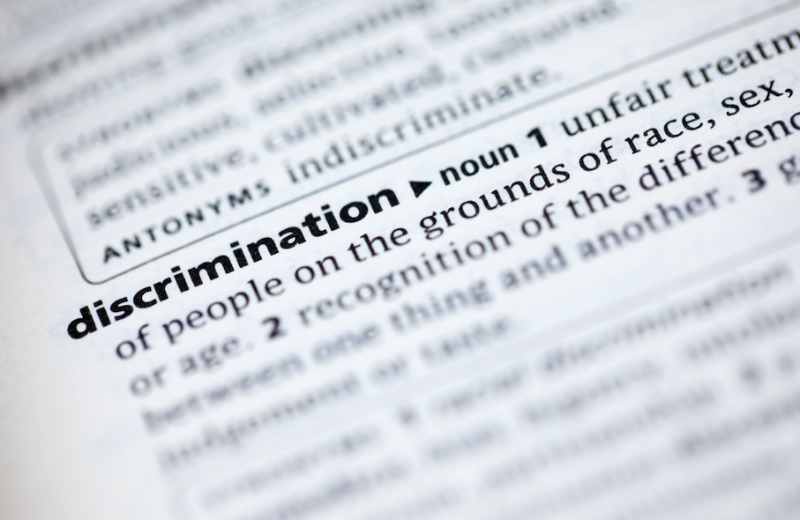Attorneys have seen an uptick in cases of alleged discrimiation in HOAs and condo associations. Complaints can become costly and stressful for an association.
Here is a summary of how a discrimination complaint is handled:
- Individuals who believe they've faced discrimination by a community association can file a complaint with the Illinois Department of Human Rights (IDHR). This process is free, doesn't require a lawyer, and involves an investigator assigned to the case. The association receives the complaint by mail and, due to its corporate nature, must respond through an attorney.
- The IDHR investigator then gathers information, interviews witnesses, and holds meetings. They then issue a finding stating if substantial evidence supports the discrimination claim. If evidence is lacking, the case is closed. If sufficient evidence exists, the case moves to the Human Rights Commission (HRC). The IDHR investigator doesn't determine guilt, just whether the claim requires further investigation.
- The HRC process resembles a court case, with an assigned judge, discovery phases, and hearings. If no settlement is reached, the judge issues a recommended decision. Appeals are possible, leading to further court proceedings.
You can read examples of recent discrimination cases to better understand what a complaint may look like and its consequences here.


